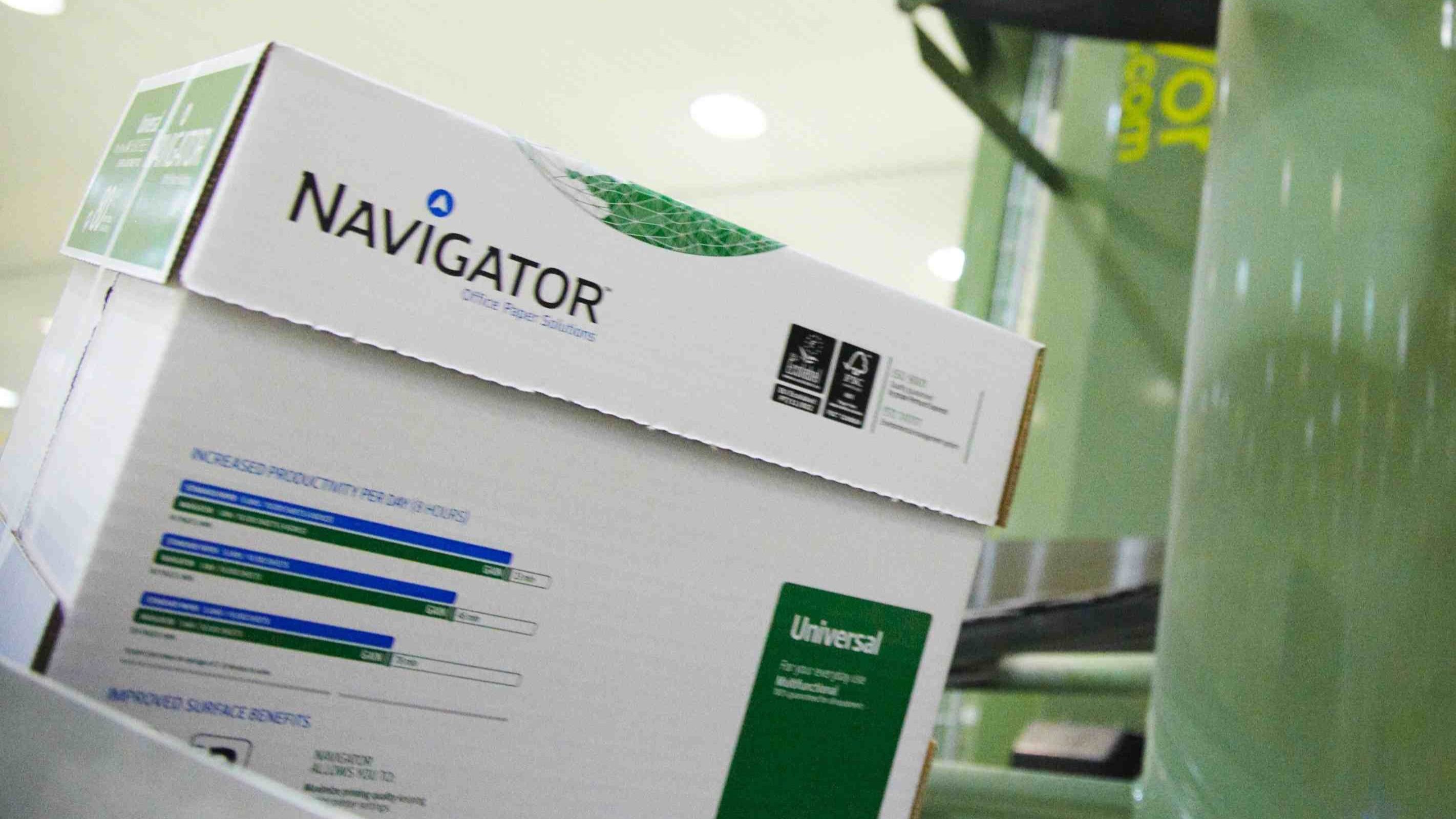Angola needs to be prudent about debt or risk defaulting, Economist Intelligence Unit warns
According to the Economist Intelligence Unit, the country is at risk of over-indebtedness. Angola needs to find new financing due to the sharp drop in revenues over the drop in oil prices.
Angola may choose to compensate for the need for new financing with a rise in public debt and risk defaulting on its loans, the Economist Intelligence Unit (EIU) warned on Tuesday.
Although the Angolan government is certainly in need of new financing due to a sharp drop in revenues because of low oil prices, debt servicing already accounts for the biggest slice of the state’s expenditure and the country has to be careful about over-indebtedness and risking default said the Economist magazine’s analysts.
In a note on the new $2 billion loan from China to Angola, sent to investors and to which Lusa had access, the experts from the analysis unit of UK magazine the Economist said that part of the money will be used to serve the debt to China, estimated at more than $23 billion, though most is to finance industrial and infrastructure projects.
According to the latest figures from the International Monetary Fund (IMF), Angola’s public debt will exceed 80% of GDP this year, falling to about 72% in 2019, making it difficult to relaunch the economy, which is expected to have a further recession this year of 1.1%, according to the latest estimates from the Government, which still fall short of analysts’ forecasts of a 3% drop in GDP.
Analysts and the media predicted that Angolan President João Lourenço would return from his trip to China with a $11 billion financial aid package, but the agreed amount stood at just $2 billion.
According to diplomatic sources, there is more funding that can still be made available, but the Chinese authorities have asked for more detailed project evaluations before agreeing to more funds, the EIU reported.
Most Chinese credit to Angola has been used to finance projects carried out by Chinese companies, with Angola paying with oil shipments, the EIU said, noting that “this method, known as ‘Angolan Mode’ has attracted criticism within and outside Angola, mainly about the large number of Chinese workers and goods used in these projects, which does little to create local jobs and develop the national manufacturing sector.”
The lack of transparency around the payment terms has also raised concerns about whether the loans have added value to Angola, noted the analysts, who have a positive opinion about Lourenço having signed 130 cooperation agreements.
“This should help make Angola a more attractive investment destination for Chinese companies and support João Lourenço’s thesis on a mutually advantageous relationship and for Chinese companies to invest directly in the Angolan economy, transferring technology and scientific knowledge,” they said.
LUSA




